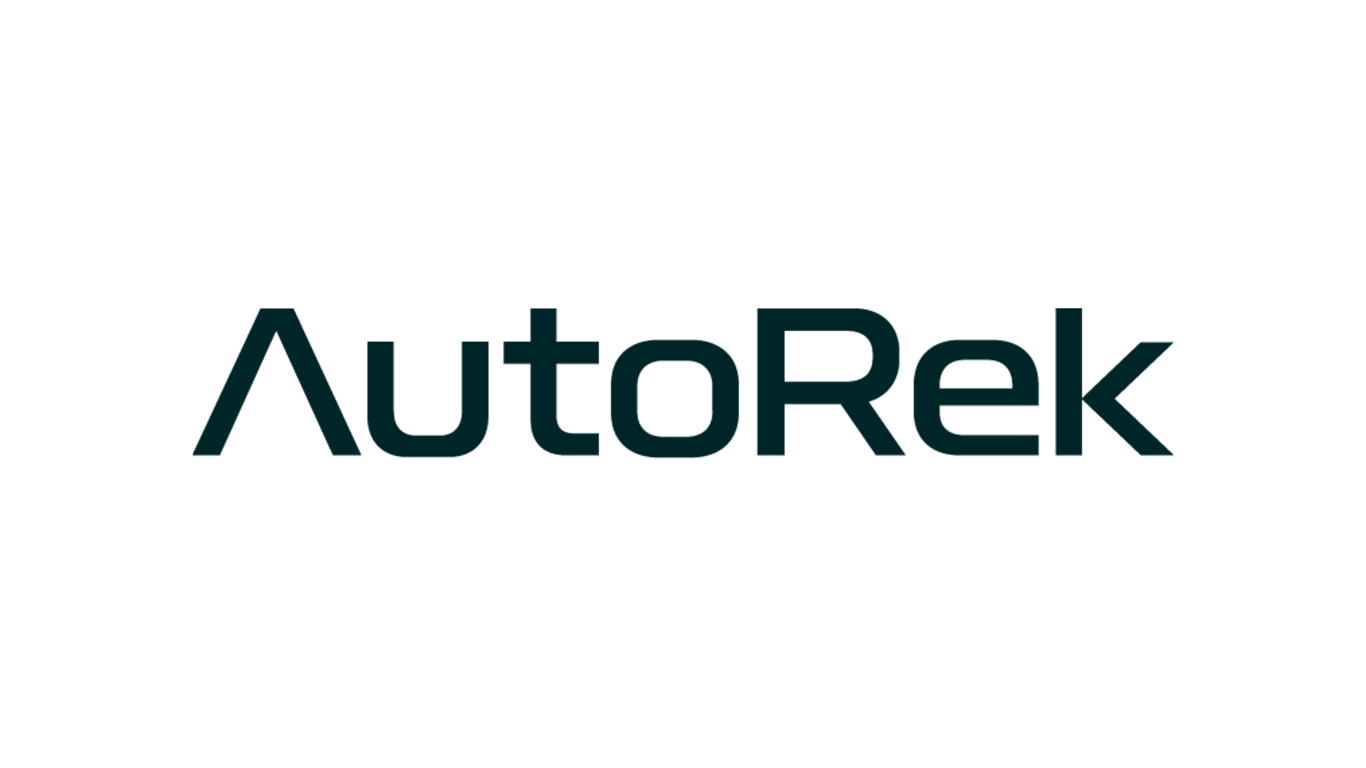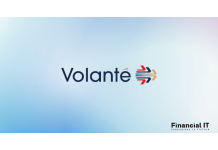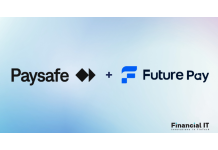Pix at Five Years: How Brazil Built One of the World’s...
- 05.02.2026 01:15 pm
Moonrise by Lunar Launches Instant Payments in Norway...
- 05.02.2026 12:55 pm
Ecommpay Announces Strategic Partnership with Payrails...
- 05.02.2026 11:25 am
American Express Launches Flexible Payment Option to...
- 05.02.2026 09:15 am
Corpay Announces Agreement to Sell Non-Core Vehicle...
- 04.02.2026 02:55 pm
Exactly.com and GP Solutions Join Forces to Expand...
- 04.02.2026 01:25 pm
Vault Selects Thredd as Strategic Issuer Processing...
- 04.02.2026 11:35 am
Volante Technologies Named a Leader in Gartner® Magic...
- 04.02.2026 10:15 am
Visa Acceptance Platform Now Supports Tap to Pay on...
- 04.02.2026 08:45 am
dLocal Partners with DHL Express Brazil To Automate...
- 04.02.2026 08:20 am
Visa Direct and UnionPay International Will Extend...
- 04.02.2026 08:15 am
Paysafe Enables FuturePay’s Latin American Expansion...
- 03.02.2026 12:05 pm






















